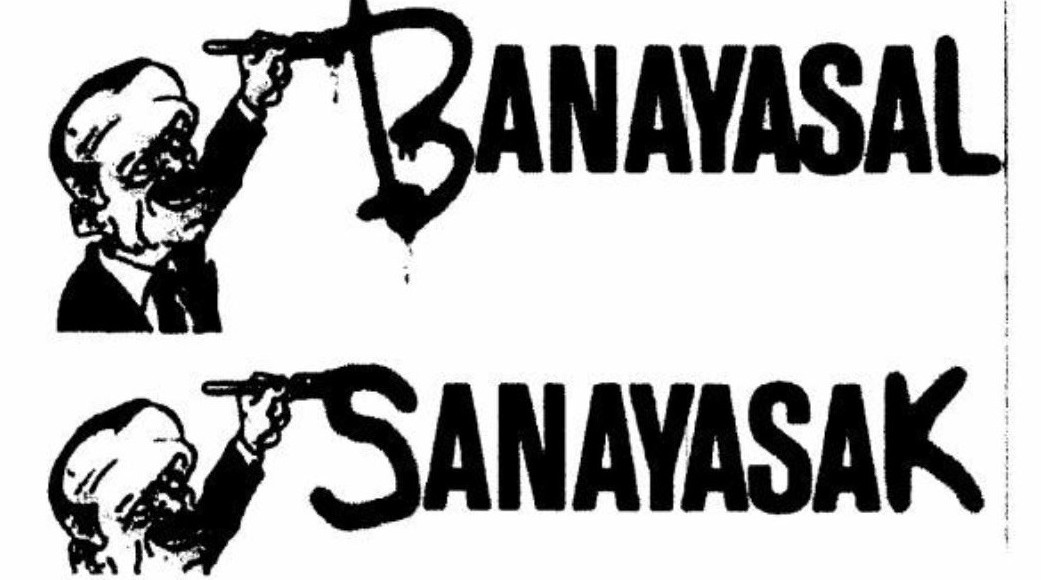A man in the central Turkish province of Konya has been given a suspended sentence of 14 months on charges of insulting President Recep Tayyip Erdoğan for sharing two cartoons about him on social media, the Anka news agency reported.
The man, identified only by the initials B.G., tweeted two cartoons of Erdoğan that criticized the president for violating the law and the Constitution while other people face charges for such acts. In one of the cartoons Erdoğan writes, “It’s legal for me,” in Turkish. In the other he writes, “It’s prohibited for you.”
“This is the clearest picture we have seen over the past week. No need to comment” B.G. wrote below the cartoons in April 2009, which prompted an investigation into him.
B.G. was convicted of insulting Erdoğan and handed down a suspended sentenced. He denied the charges and said the cartoons included only criticism of the president.
Insulting the president is subject to criminal charges under the controversial Article 299 of the Turkish Penal Code (TCK), and thousands of people in the country are under investigation, with most of them facing the threat of imprisonment, over alleged insults of Erdoğan. Whoever insults the president can face up to four years in prison, a sentence that can be increased if the crime was committed through the mass media.
The insult cases generally stem from social media posts shared by people who don’t like Erdoğan. The Turkish police and judiciary perceive even the most minor criticism of Erdoğan or his government as an insult.
In the latest such incident, another man identified only by the initials A.Ç. was arrested on Sunday in northern Zonguldak province for throwing a picture of Erdoğan on the ground.
The photograph had been hanging in the entrance to the district governor’s office.
A.Ç. was detained immediately and appeared in court. A.Ç. reportedly had financial problems and was protesting the country’s deteriorating economy.
Freedom of speech is a contested issue in Turkey, where dozens of people are prosecuted every day for expressing their views about the government and its actions as well as issues deemed “taboo” in Turkey.



